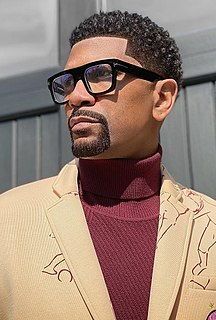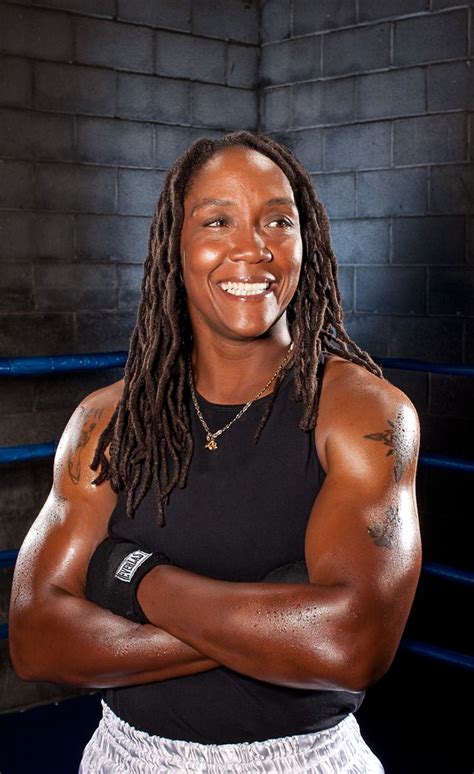A Quote by Paloma Faith
I think that there should be options available, quite early on, that if someone is recognised as a disruptive child, for them to be trained vocationally. Maybe if those kids were given the option to learn how to contribute to society on a practical level they wouldn't get into trouble.
Related Quotes
I'll tell you one of the great activities is skateboarding. To learn to do a skateboard trick, how many times do you gotta get something wrong til you get it right? ...And you hurt yourself, and you learn to do that trick, now you got a life lesson. Every time I see those skateboard kids, I think 'those kids'll be alright.'
It's terrifying to think about all things that were awful for you. But for me, sharing all of them was so satisfying, because people read them and get to go, "Oh, okay, I don't have to feel so shitty about that," or maybe even, "Why was I feeling so shitty about that? I should own that and learn from that." Those are the sorts of stories I want to tell.
Learning to read and write makes little sense if you don't understand what you're reading and writing about. While we may have forgotten, most of our early learning came not from being explicitly taught but from experiencing. Kids aren't born knowing hard and soft, sweet and sour, red and green. When the child experiences those things, s/he transforms them into psychological understandings. When kids play with other kids, they learn about others and about themselves. Learning the basics of our physical and social reality is what early childhood is all about.
Kids can learn a lot about necessities and wants by recognizing what people live without. A common routine, but one that should not be overlooked, is having a family donation to a charity for those less fortunate. Ask your kids to search for items, toys, or clothes that they no longer use and contribute those items a collection box.
I think I get in trouble sometimes, especially when it's like I need to be easier on [my] kids because maybe I'm a rule-follower now. I'll look at something like the kids' coloring or something and I'm like, "That's not the way that marker should be used." All imagination is gone, and it's just like, "Here's the proper way that we use a marker," you know? Maybe that's a dad thing.
I've never trained anyone that I haven't known as a child. I knew Kirkland when he was 12. Every one of them I started training when they were kids. This is not about just the fight game for me. It is a sport for troubled children that are drawn to violence and that type of life. Boxing has that violence part in it, but it also has structure and dedication and the whole nine yards. You get that little bit of violence that you were drawn towards, but it can save a lot of kids.
There are contradictory tendencies in American society. There's a huge range of activities that one can engage in that mark it as a quite free society. It's also true to say that the powers that be have so much control over how people think that there are fewer and fewer people who make use of the rights and information available to them.
I think theoretically if a man is young and healthy society should not give him a basic income. He should not be given dole. He should not be eligible for welfare. If he can work and if there is work available, he should take his choice. If he wants to be a hermit or beggar, that's fine. If he wants to move with the sun and live off the land, that's fine. If he is in a society which has work for him I don't think he should theoretically be eligible for welfare.




































